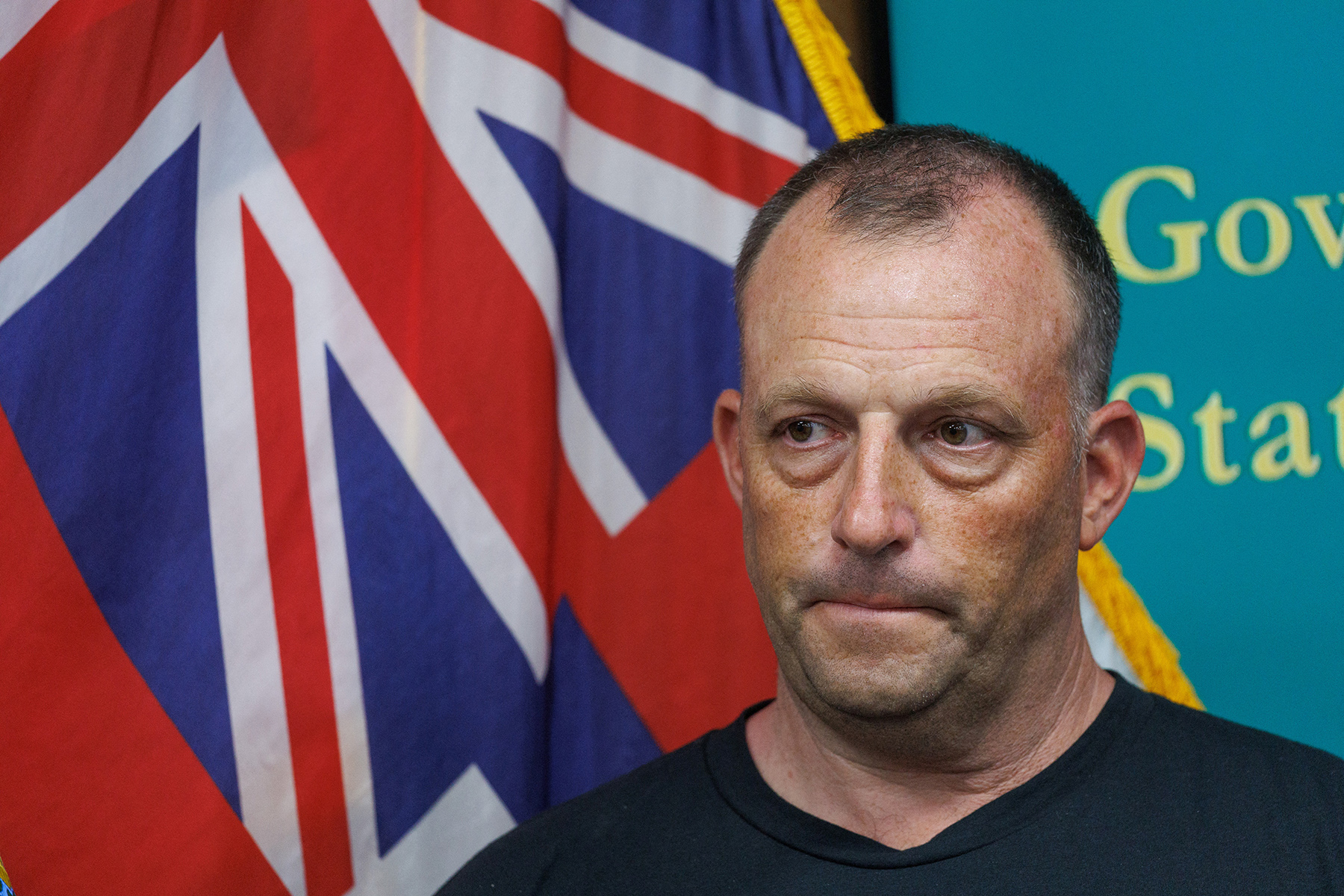On Friday May 3, a student high school newspaper in Stockton, California published an article about an 18 year-old student who worked in the porn industry.
The Lodi Unified School District had earlier threatened to discipline—and perhaps even fire—the paper’s faculty adviser if she refused to submit the story for pre-publication review.
The adviser, Kathi Duffel, refused on free speech grounds, so school officials agreed to let an attorney review the story. The lawyer, Matthew Cate, concluded that the piece didn’t violate education codes. The school district eventually caved, and said it wouldn’t block the publication of the article.
However, Paul Gant, the school district’s attorney still contends that school officials had a legal right to review the article. In a five-page letter to Cate, Gant called Duffel “insubordinate,” writing,“there is no question that the article could be lawfully reviewed or censored.”
The district weighed in, stating: “Because the district has been denied an opportunity to preview the article, the district does not endorse it. Because we are charged with the education and care of our community’s children, we will always be diligent in our efforts to provide a safe learning environment for all students, while complying with our obligations under the law.”
San Francisco Chronicle NBC News The Bruin Voice
April 25, 2019: High School Administrators Seek to Review Controversial Story Prior to Publication
A high school newspaper and its faculty adviser are being pressured to submit a story prior to publication for review by the school administration.
Student journalists at Bear Creek High School in Stockton, California had put together a profile of a fellow 18 year-old student who works in the porn industry. When Bear Creek High School’s administrators caught wind of the story, they demanded to see a copy prior to publication. The journalism faculty adviser, who was recently named educator of the year by the Northern California Society of Professional Journalists, declined their request, calling it an attack on the First Amendment.
“We teach our students how to be critical thinkers. Meanwhile, we have an administration that just doesn’t seem to understand that we have a First Amendment that needs to be respected,” faculty adviser Kathi Duffel told the Washington Post.
But school administrators rejected Duffel’s prior restraint objections, and threatened to fire her if she published the story without administrative review. School officials cited concerns that the article could violate a state education code that prohibits the publication of material that is “obscene, libelous, or slanderous.”
Duffel counters that concern, saying that the article doesn’t describe the porn industry in any detail, but instead delves into the student’s background and some of the challenges she faced while getting into the adult entertainment industry, such as setting up a PayPal account and signing contracts with adults-only websites.
In recent years, other schools’ publications have faced similar censorship efforts for covering controversial subjects such as sexual assault and gun violence, and for less controversial topics such as school administration and district policies they take issue with.
The Washington Post Student Press Law Center Columbia Journalism Review
Tags




